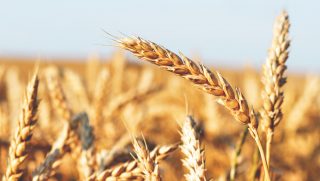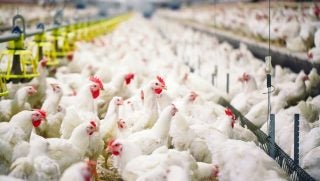With a rapid reproductive rate, feral hog populations have proven difficult to control, creating millions of dollars in damage to Louisiana’s crops.
After years of research exploring effective options to control exploding populations, Louisiana State University’s AgCenter and Department of Chemistry have patented a new bait using sodium nitrate.
The bait has been in the works for several years. Scientists began looking for a solution as problems with feral hogs populations exploded in rural areas.
In Louisiana alone, the feral hog population has doubled in the past decade, with their numbers currently estimated at 1 million. They travel in packs and are known for rooting up fields while searching for food. AgCenter experts have determined they cause about $91 million in damage yearly in the state.
Shaped in conveniently-sized spheres similar to gummy bears, the bait has a fishy flavor, even glowing under backlights to quickly retrieve any leftovers. Scientists who worked on the project say that within three hours of consuming the bait, hogs become sleepy and die.
One of the patented inventors, Glen Gentry, an animal scientist and director of the LSU AgCenter says that sodium nitrate is an ideal toxicant. It’s deadly to swine and eventually breaks down into compounds that are not harmful to other species or the environment.
It took many tries over the years to develop a bait that worked and that hogs would be willing to eat. Gentry and his team tried various ingredients to entice the hogs before landing on dehydrated fish.
The gummy-like texture helps ensure that the bait doesn’t fall apart when the hogs bite into it, ensuring that fewer scraps are left on the ground, protecting target species.
Field trials are underway to study the product’s shelf life, and the best ways to deliver the bait before the bait can be approved by the EPA and released to the public.
Other inventors listed on the patent include Bob R. Jones-Idlewild Research Station in Clinton; John Pojman, an LSU chemistry professor; and Baylen Thompson, a former graduate student who worked under Pojman.
»Related: Mississippi FFA members to combat feral hogs through new program


